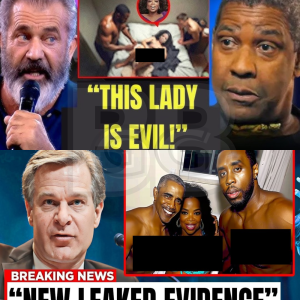Two years ago, on this very day, Cardi B and Megan Thee Stallion unleashed a groundbreaking collaboration that took the music industry by storm. The iconic track “WAP” was released, and it quickly became a cultural phenomenon, igniting discussions and making headlines around the world.
“WAP” showcased the fierce and unapologetic energy of both artists, delivering a powerful anthem that celebrated female empowerment and unabashed sexuality. The explicit lyrics and provocative visuals pushed boundaries and sparked debates, but they also served as a bold statement of self-expression and liberation.
The song’s success was undeniable, making an immediate impact on the charts and breaking numerous records. It debuted at number one on the Billboard Hot 100, becoming the first female rap collaboration to achieve this feat. “WAP” shattered streaming records and garnered millions of views within hours of its release, solidifying Cardi B and Megan Thee Stallion’s status as trailblazers in the music industry.
Beyond its commercial success, “WAP” resonated with audiences by challenging societal norms and celebrating female desire and pleasure. The track’s unapologetic celebration of sexual agency sparked conversations about female empowerment, sexual liberation, and the double standards faced by women in the music industry.
Cardi B and Megan Thee Stallion’s collaboration not only showcased their undeniable talent but also served as a testament to the power of unity and support among women in the music industry. It became a rallying cry for women to confidently embrace their sexuality and assert their autonomy.
Even after two years, “WAP” continues to be a cultural touchstone, reminding us of the impact and influence of bold and boundary-pushing music. Cardi B and Megan Thee Stallion’s collaboration will forever be remembered as a groundbreaking moment in music history, marking a new era of female empowerment and unapologetic self-expression.
As we celebrate the two-year anniversary of “WAP,” let’s reflect on the immense impact it had on the music industry, its role in sparking vital conversations, and the lasting influence it will undoubtedly continue to have in shaping the future of music.




